In the Latino community in the United States, many men begin to notice changes in their bodies—especially after age 50—that are sometimes considered “normal” due to aging. One of these is the need to get up to urinate at night, urinating more frequently, or feeling that their bladder doesn’t empty completely after urinating. This may represent a common but often overlooked condition: benign prostatic growth.
What is Benign Prostatic Growth?
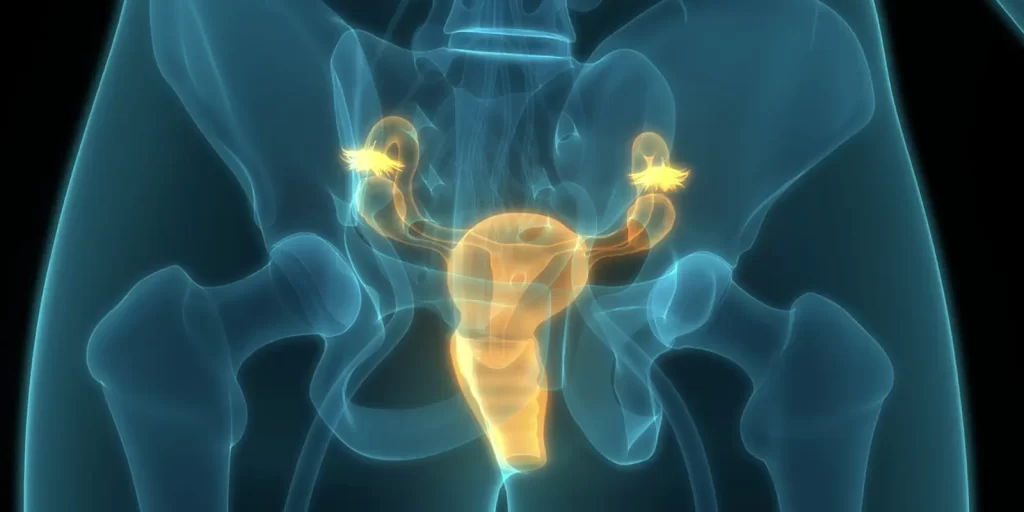
Benign prostatic growth, also known as benign prostatic hyperplasia (BPH), is a non-cancerous enlargement of the prostate that commonly occurs in men as they age. It appears around the ages of 45–50, although the frequency and intensity increase significantly with age. The prostate is a walnut-sized gland that is part of the male reproductive system and is located just below the bladder, surrounding the urethra. Over time, the prostate can enlarge, which can cause compression on the urethra and affect urine flow. Although it is not cancer, prostate growth can significantly affect quality of life if not treated properly.
What are the main symptoms of Benign Prostatic Enlargement?
The main symptoms include:
• Weak or intermittent urinary stream
• Difficulty urinating
• Dribbling after urination
• Feeling of incomplete emptying
• Urgent or frequent need to urinate
• Getting up several times during the night to urinate
• Frequent urinary tract infections
• Inability to urinate
• Bladder stones
• Kidney failure (less common)
What is the best treatment for prostate enlargement?
Currently, there is a wide range of treatments available to treat symptoms resulting from prostate enlargement. Initially, medical therapy with oral medications that work by relaxing the bladder neck and, in some cases, shrinking the prostate by up to 25%. These medications aim to free up urine flow, improve symptoms, and can prolong discomfort-free time, allowing patients to lead a normal life as long as symptoms do not worsen. However, over time, the prostate is expected to continue to grow to some extent. This can cause discomfort despite medical treatment. Therefore, surgical options may be necessary to relieve symptoms and when there are complications arising from obstructed urine flow. There are several surgical treatment options, but minimally invasive surgery is increasingly being chosen, allowing for optimal and early recovery, with the goal of returning the patient to their daily life in the shortest possible time, offering greater safety and ensuring better short- and long-term results. Currently, the following surgical alternatives are offered:
• Laser enucleation of the prostate (HoLEP, ThuLEP): A minimally invasive technique is used through a camera to remove virtually all prostate tissue, thereby clearing the urinary tract. This technique’s main benefits are:
– Effectiveness in reducing prostate size
– Less blood loss
– Minimally invasive procedure
– Rapid symptom relief
– Reduction in urinary complications
– Shorter hospital stay
– Long-lasting results
• Other minimally invasive techniques (TURP, Aquablation, Green Light photovaporization) may be offered during the consultation, depending on the patient’s specific conditions and characteristics.
• Open surgery or simple prostatectomy: In specific cases that benefit more from the open technique, this decision should be personalized for each patient.
Why is Guadalajara an excellent alternative for your treatment?
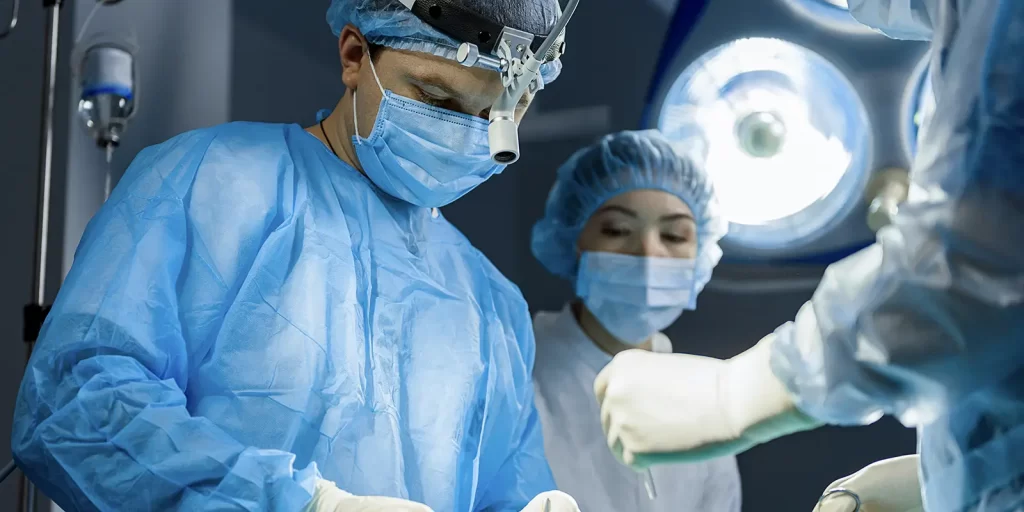
The city of Guadalajara has established itself as one of the main destinations for medical tourism in Latin America. It boasts medical teams in hospitals certified and accredited to the highest international standards, as well as cutting-edge technology and specialists trained at the most prestigious centers in Mexico and around the world.
One of the main benefits of urological care in Guadalajara is the cultural, linguistic, and human proximity that characterizes the medical professionals, as well as their interculturality, great attention to detail when explaining procedures, and the close, personal support throughout the treatment.
Choosing Sinaptikon in Guadalajara not only offers medical excellence but also means access to comprehensive urological care:
- Hospital infrastructure for modern and reliable urological care.
- Accommodation and transportation options adapted for the patient and their companions.
- Guaranteed Safe.
- Fair prices and transparency in treatment costs.
- A vibrant city with gastronomy, culture, and tradition that allow for a pleasant recovery.
Benign prostatic growth is a common and progressive condition in men, with multiple treatment options that can be tailored to each patient. Management should be individualized, assessing the intensity of symptoms, quality of life, and the presence of complications. If urinary symptoms persist or are bothersome, it is recommended to consult with a urologist for a proper and timely evaluation. Although excellent treatment options exist in the United States, cost, insurance, waiting lists, or simply language limitations can be difficult barriers to overcome. Therefore, Guadalajara is today one of the most prominent destinations for accessible, safe, and quality urological care and prostate health treatment.
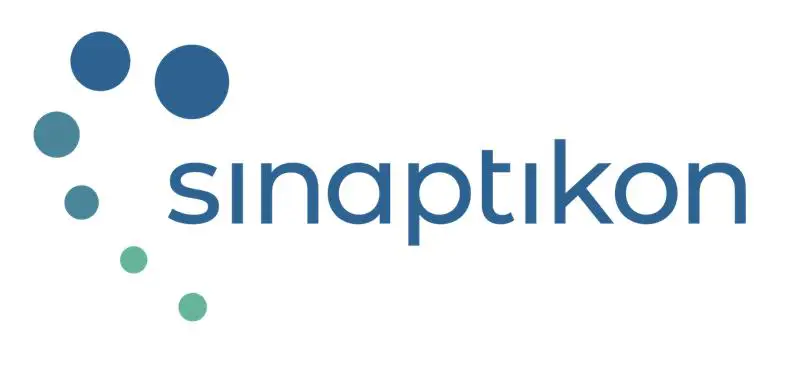



















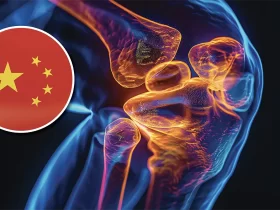

















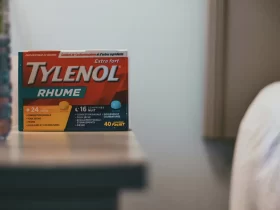


Leave a Reply